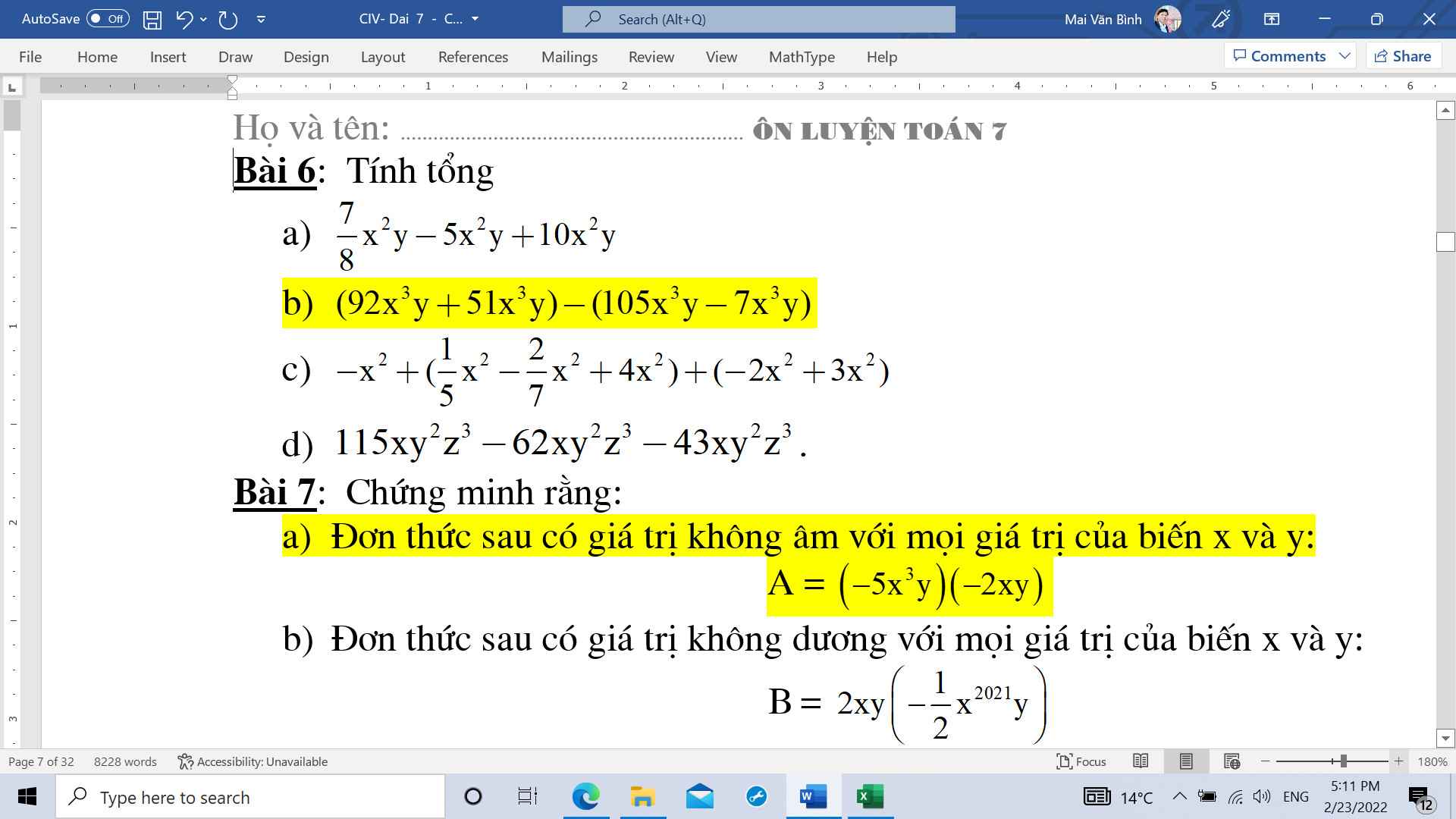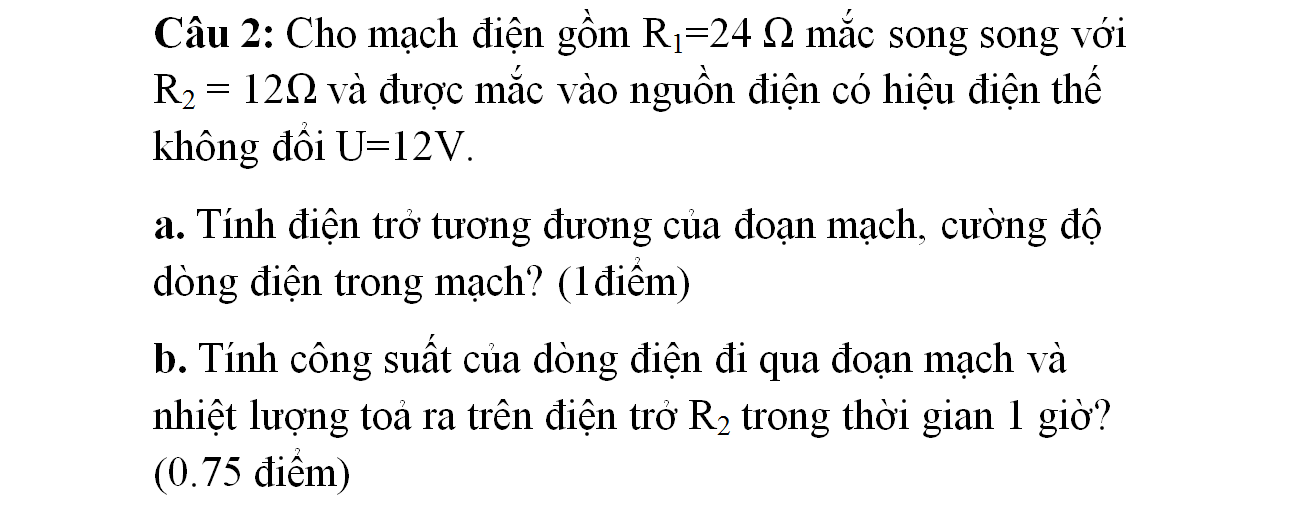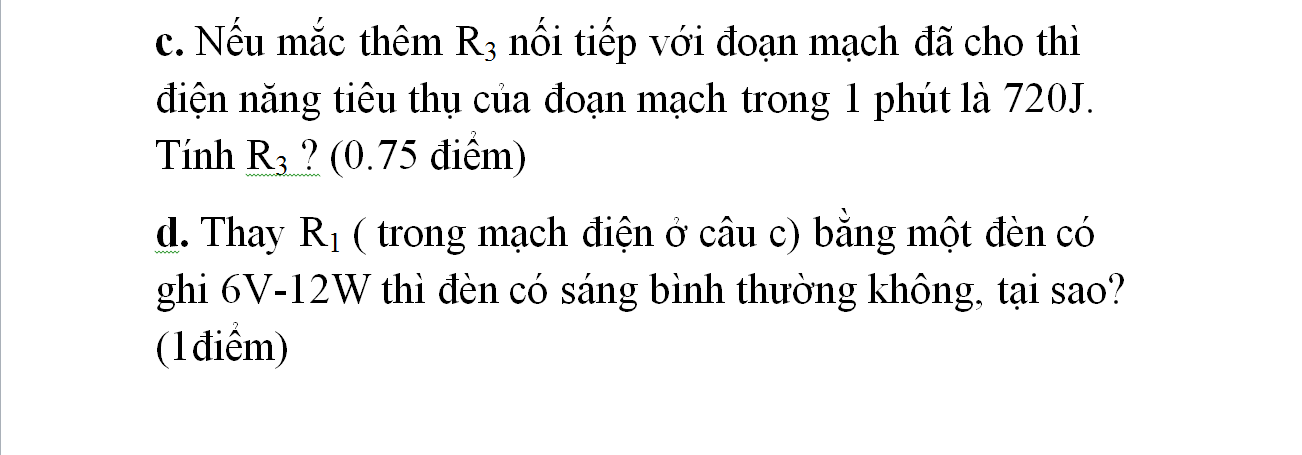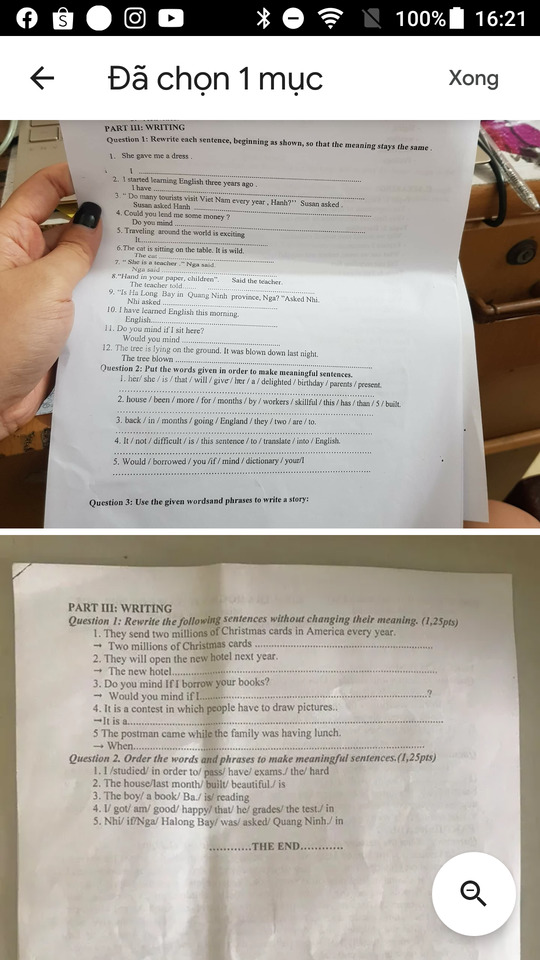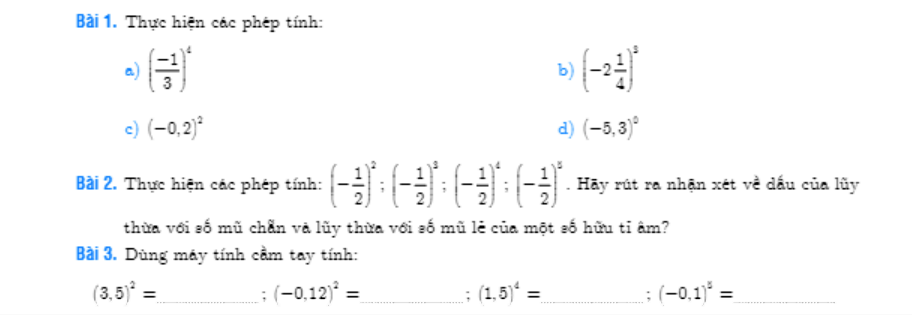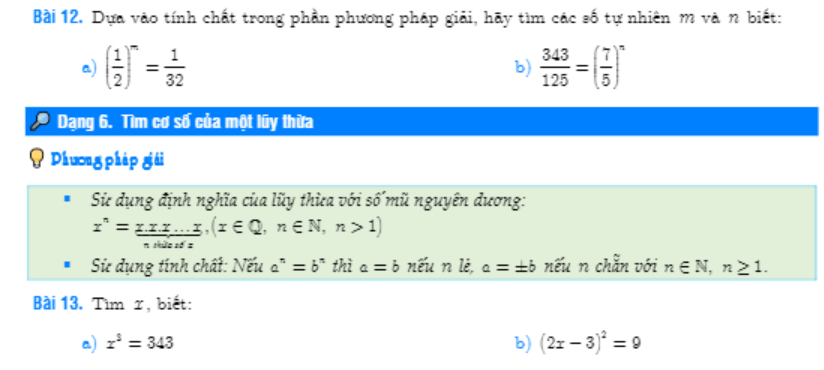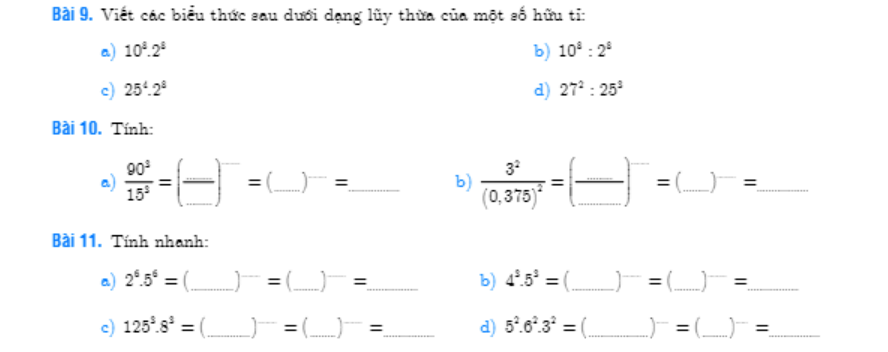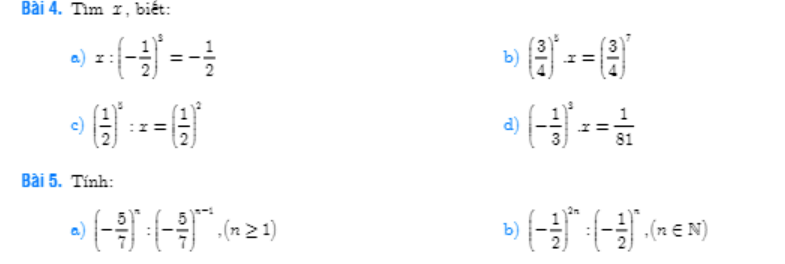Mọi người giúp mình với ><
Armed with a smartphone
A .Friday 11 March 2011 started like any other day on Twitter. A celebrity story was trending that morning. along with business news about Google, when suddenly, at 12.46 a.m., thousands of tweets started coming out of Tokyo. Something big had happened in the area, and Twitter was first to report it: a massive earthquake had hit Japan, followed by a huge tsunami. Eyewitness testimonies from cities rocked by the quake flooded the web, and then as the tsunami swept the coastline, people scrambled up bridges and buildings and posted footage on YouTube and Facebook. The camera work was shaky, but the content was compelling - their world was falling apart, yet they continued to film.
B Over the last few years, the big news stories, such as the Japanese earthquake in 2011 and Hurricane Sandy in 2012, have been reported mainly by ordinary individuals. It was citizen journalists armed with smartphones who brought these stories to the world. Mobile technology has enabled people at the scene of the event to post videos, photos and commentary more quickly than paid journalists. The landscape of reporting and of deciding what is newsworthy has changed: news organizations and their reporters no longer set the agenda.
C.The content of the news has changed, too, as stories told by citizen journalists are often more personal and have more emotional appeal. Unlike investigative journalism, these blog posts and tweets seldom include background information or give a broad overview. People haven't got time to collect and scrutinize facts or explore the bigger picture. A YouTube video may cover battles between police and protestors at a G20 demonstration, but it probably won't delve into why there was a protest, what may have caused the situation and what the possible outcomes could be.
D But in other ways, citizen journalism supports investigative journalism. It is now easier for ordinary people to expose corruption and cover-ups in government and private companies. In Africa, a virtual noticeboard called Mimiboard helps people to report rigged elections and human rights abuses. These noticeboards create pressure for change and reform, and sometimes they work corrupt government officials have been sacked and international companies have changed their working conditions. But because of the risks involved, Mimiboard relies on anonymous posts, and anonymous publishing comes with its own set of challenges: it makes it very difficult to verify information.
E. The freedom to publish whatever we want is exciting and empowering, but there are serious ethical implications. Unlike traditional journalism, citizen journalism is largely unregulated, with little or no accountability there is no one to check the facts or trace sources. People can spread rumours or anonymously post a defamatory article and get away with it. An example of this happened after the Boston Marathon bombing in 2013, when a student who was watching the event was named as a suspect on Reddit. The story lacked credibility and had very few facts to support it, but it still went viral and made headlines in the national papers. The student turned out to be seventeen-year-old Salah Eddin Barhoum, a high school sports star who had moved to the USA from Morocco four years before the incident. Eventually his name was cleared, but Salah and his family were devastated. 'I was terrified', he said later. 'I have never been in trouble, and I feared for my security." Because posts are rarely checked and verified, citizen journalism is more vulnerable to scams and can help to spread false information. In 2012, a sixteen-year-old girl from New Jersey tweeted that someone was in her house. When she mysteriously disappeared shortly afterwards, many Twitter users thought she had been kidnapped and
tweeted #HelpFindKara. The call for help trended worldwide, with 34,000 people retweeting the message. Everyone believed Kara's story and fell for the scam, until the police found her walking alongside a highw had faked her own kidnapping and had run away from home. Luckily for Kara, she didn't get prosecuted
F. Incidents like this show that citizen journalism is still finding its way. Yet, despite the challenges, way of reporting the news has had a largely positive and democratizing effect. Armed with our smartphe are now telling our own stories, controlling our own destinies, and creating impact and change around th The choice we face, says Clay Shirky, professor in new media at New York University, isn't whether th media environment we want to operate in. This is the environment we've got. The question we all face no "How can we make the best use of this media?"
Task 1. Match headings 1-6 to sections A-F in the article.
1 Human interest
4 A lot to learn
2 Whistle-blowing
5 Responsible reporting
3 Breaking news
6 A new kind of reporter
Task 2. Read the article again and answer the questions.
1What can give an early indication of an important global news story?
2 Why are citizen journalists able to post news stories more quickly than professional journalists?
4 How can citizen journalists help investigative journalists?
5 Why does Mimiboard post anonymous contributions? What does it achieve?
6 What is the problem with anonymous reporting?
7 What effect did the Reddit story have on the student and his family?
8 Can you answer professor Clay Shirky's question? Think about the benefits and drawbacks of citizen journalism.
Task 4. Answer the questions, referring closely to the article.
1 Which verbs of movement does the writer use to describe the disaster? What effect does this have? (A)
2 Citizen journalists are 'armed' with smartphones. What context is the verb to arm usually used in? What does using this verb imply? (B)
3 Which three verbs are used to mean examine? (C)
4 Which noun is used for something that is hidden, usually illegally? (D)
5 Which adjective describes something that has been changed or altered dishonestly? (D)
6 Which noun is used to mean public responsibility for something? (E)
7 Which two adjectives describe Salah and his family's reaction to the accusations? (E)
8 Which adjective is used to mean exposed to danger and risk? (E)
Task 5. Complete the sentences with the words below.
scrambled, delved into, rigged, armed, a cover-up,accountability, vulnerable, devastated
1 The new laws protected____ workers from exploitation by big companies.
2 The journalist ___the reasons why the factory fire had happened.
3 When a news story revealed that the football manager had____the match, he was sacked.
4 During the flood, people ___to the top of buildings for safety.
5 The soldiers were ___with guns and hand grenades.
6 There needs to be more ____ in today's government. Politicians should answer to the people
7 The director was___when he read the terrible review of his film.
8 The government was accused of ______;politicians had been accepting 'gifts' from companies



